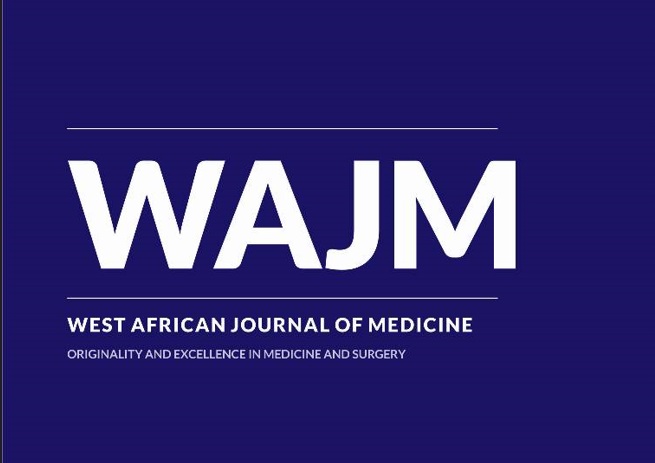ORIGINAL: Fertility Desire of Women with Obstetric Fistula in Northwest Nigeria
West Afr J Med. 2024 October; 41(10): 1054-1065 PMID: 40009865
Keywords:
Fertility desire, Northwest Nigeria, Obstetric fistula, Predictors, Recto-vaginal fistula, Vesico-vaginal fistulaAbstract
Background: Obstetric fistulas are a high burden globally, especially in developing regions. Despite their experiences, many affected women have a high fertility desire.
Objectives: This study aimed to assess fertility desires and associated factors among women with obstetric fistulas in Northwest Nigeria and explore their experiences.
Methodology: Using a cross-sectional mixed-method approach, quantitative data was gathered from 420 women of reproductive age via an interviewer-administered questionnaire, and qualitative data from 24 women using focus group discussions. Participants were selected from three hospitals using a two-stage sampling technique. The quantitative data was analyzed using SPSS version 21, employing descriptive and inferential statistics to identify predictors of fertility desire. Thematic analysis was used for the qualitative data.
Results: Respondents' mean age (± SD) was 26.4 (±8.4) years. The majority (88.8%) had only vesico-vaginal fistulas, while 3.3% had both vesico-vaginal and recto-vaginal fistulas. Although less than half (43.8%) had no surviving children, 74.3% desired more children. No protective association was found in the multivariable analysis. Age, number of surviving children, and family influence significantly predicted fertility desires. Qualitative findings highlighted cultural norms contrib uting to delayed treatment and poor home-based services, with social stigma, divorce, and lack of family and social support being common. However, some women received encouragement from their maternal family and community members.
Conclusion: Obstetric fistulas not only significantly affect women's fertility desires but their social and personal lives. Integrating fertility counselling and community-based support into comprehensive fistula care is crucial for addressing these challenges effectively.


